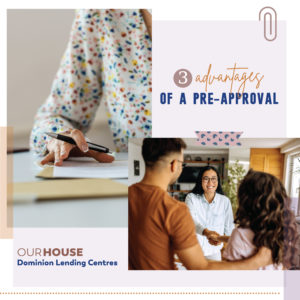
Finding timeless advice in the ever-changing world of personal finance can be difficult. Here are five pieces of advice you should take on:
1. Start small and start early with investing
Canadians can open a Tax-Free Saving Account (TFSA) as early as age 18. About 5% of Canadians under the age of 25 have a Tax-Free Saving Account (TFSA). It means most young Canadians have missed out on seven years of compounded returns. You can start to invest small, can be as little as $100 a month.
Investing $100 per month at a 5% compounded annual return for 47 years (age 18 to 65) will give you $70,345.98 more than someone who did the same starting from age 25. Time is money when it comes to compounded returns, so you should start saving as early as possible.
2. Make more or spend less?
The advice is to do both. However, there are limits on how much income you can generate and how much you could cut back on expenses. You may find some lifestyles you could easily do without – like that lightly used gym membership or rarely watched 200-channel TV package.
A part-time job or side hustle can be a good idea to generate extra income. However, you will spend more time working and less time enjoying life. Also, any generated income is fully taxable. You might need to earn $10 to get the same result as a $7 spending cut.
3. Re-evaluate your wants and needs.
A 1,200 sq ft bungalow was the standard for most families in the early 1970s. Today, houses are over 2,000 square feet on average and come with plenty of high-end finishes. Lifestyle creep is not limited to our housing needs and now influences what we drive, how often we eat out, and where we go for vacation. Satisfying your wants later in life will only come from making smart choices on your needs earlier in life and freeing up the cash to start saving and investing.
4. Understand credit and debt.
Many people carry a credit card balance and are blissfully unaware of monthly costs. If you have a $1,000 credit card balance, you will need about 131 monthly payments to clear off the debt with the minimum amount. It will cost you almost $1,800 more in interest charges.
The key is to be knowledgeable about your debts. These include what you owe and how much that debt costs you. Also, any alternatives that may lower that cost. You can refinance your mortgage or draw your home equity to pay off higher interest loans or credit cards.
5. Get financially literate.
Managing your money has become more difficult as we have more spending, saving, and investing options. We also have access to more information and tools to help us. Therefore, you should dive into the real impact of those investment fees on your mutual funds. This information is available to you online in just minutes.


